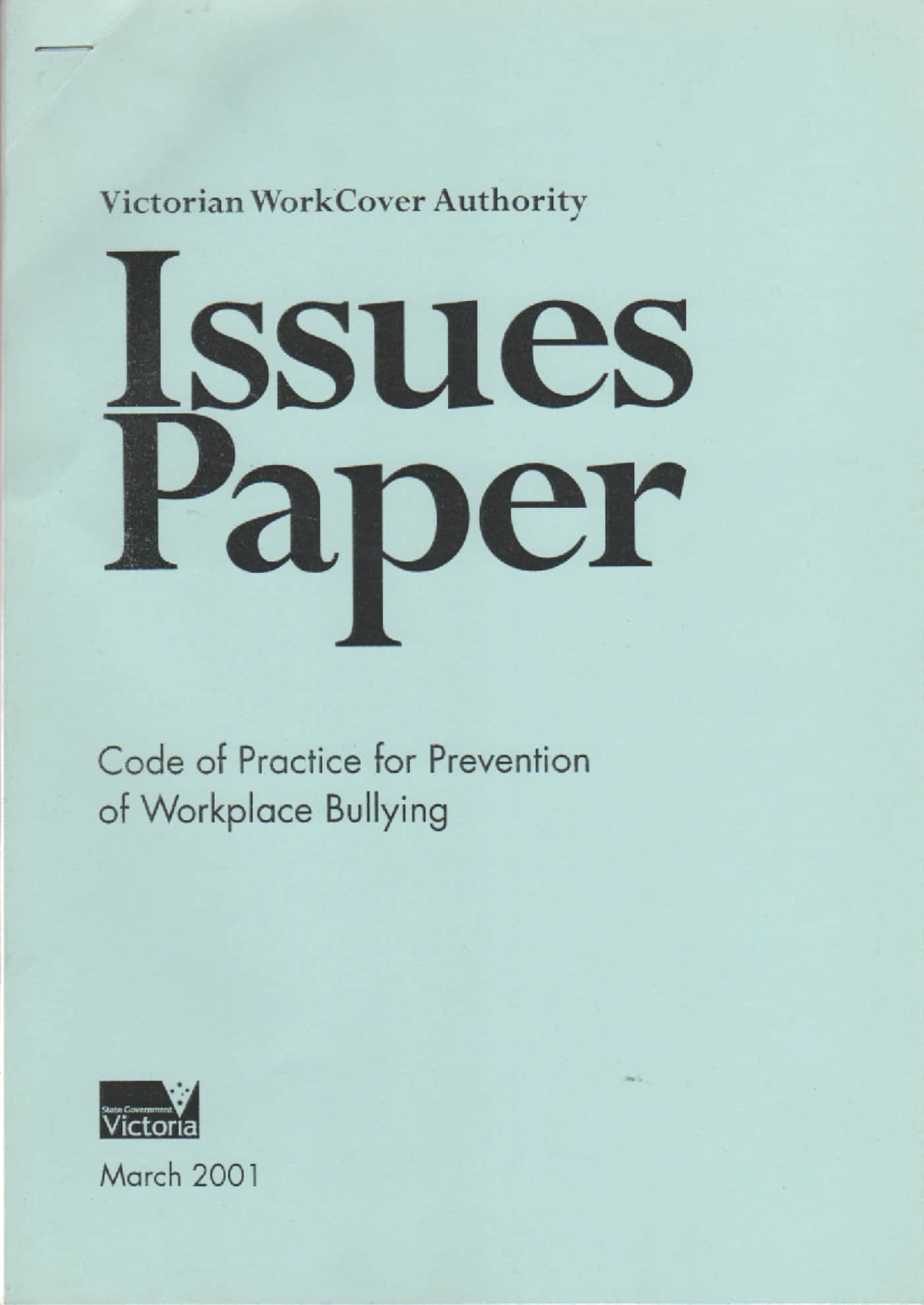Below is a guest post from long time SafetyAtWorkBlog reader, Marian Macdonald.

It was when Simon Murray put himself in the witness box and imagined what a judge would say that investing in walkways and guardrails became a ‘no brainer’.
The property and facility manager of the Melbourne Business School was faced with an important decision: whether to install extra roof anchors and static lines or shift towards more passive forms of fall prevention.
Roof anchors were cheaper initially, while the walkways and guardrails offered a far lower lifetime cost but, in the end, price was not the issue.
“A judge would ask whether we had done what was ‘reasonably practicable’,” Mr Murray says, “and if we’d only installed roof anchors and static lines to reach our HVAC equipment, the answer would have been ‘no’.” Continue reading “Melbourne Business School takes the high road on fall prevention”




